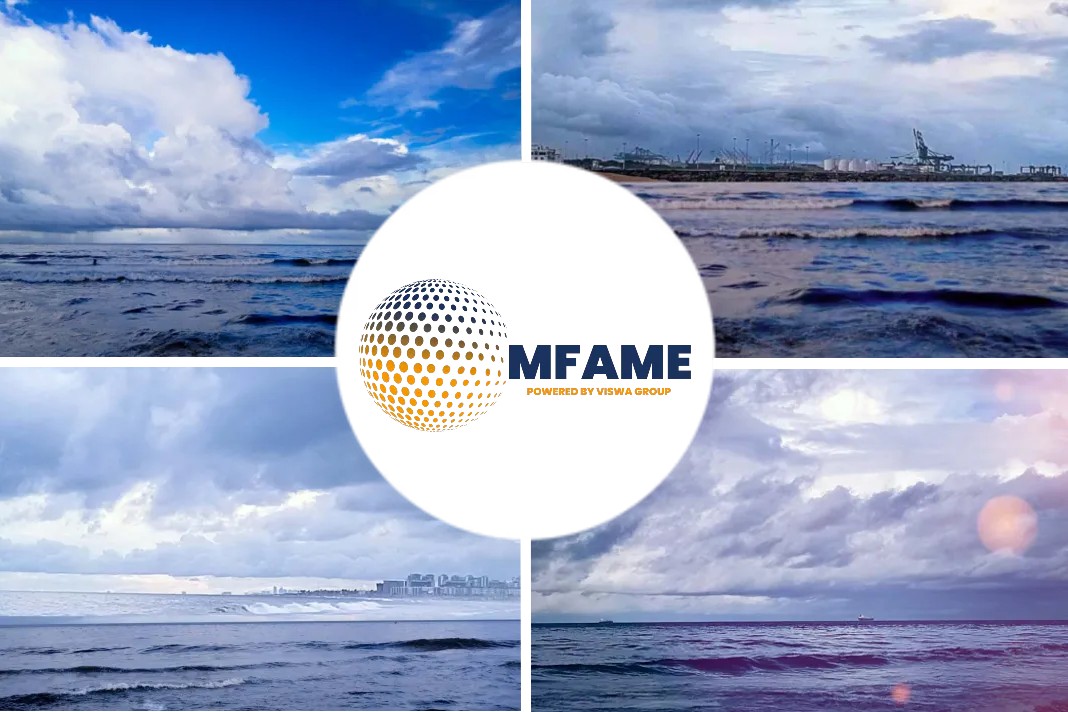Should a public shipping company be a pure play — owning just tankers, container ships, bulkers or gas carriers — or should it do as the traditional private family shipowners do, and own a mixed fleet?
The answer is important: It affects how attractive a shipping stock is to investors, and in the case of extreme rate troughs, it affects the chances a public company can avoid restructuring or insolvency.
Shipping’s pure-play-versus-mixed-fleet debate has been ongoing for more than a decade, and in 2021, there have been major moves from one camp to the other, reports Freight Waves.
From pure plays to mixed fleets
Costamare (NYSE: CMRE) purchased another seven bulk carriers last week, bringing its dry bulk fleet to 44 ships with aggregate capacity of 2.4 million deadweight tons (DWT). Sponsored by Greece’s Constantakopoulos family, Costamare went public in 2016 as pure-play container-ship lessor; it now owns 77 box ships with capacity of 586,000 twenty-foot equivalent units. It began diversifying into dry bulk and switched to being a mixed-fleet owner in June.
Container-ship and bulker owner Navios Partners (NYSE: NMM) completed its merger with crude- and product-tanker owner Navios Acquisition on Oct. 15. The Navios Group, backed by Angeliki Frangou, was once a poster child of pure plays, having five separate public entities (a spiderweb of sibling listings rivaled in complexity only by the former Teekay Group family tree). Today, the consolidated Navios Partners boasts 142 vessels spanning wet bulk, dry bulk and box shipping and is being pitched as a unique, broad-based proxy on global trade.
Evangelos Marinakis-sponsored Capital Product Partners (NYSE: CPLP) took delivery of its latest liquefied natural gas (LNG) carrier on Nov. 29. The company went public as a product-tanker owner and ultimately transformed into a nearly pure owner of container ships. It now owns 15 container ships totaling 105,352 TEUs and began diversifying into LNG shipping in late August, buying six LNG vessels to date for a combined $1.2 billion.
Castor Maritime (NASDAQ: CTRM) was taken public as a pure dry bulk owner by the children of former Excel Maritime boss Gabriel Panayotides. Castor began diversifying into tankers in February. It now owns nine tankers in addition to 19 bulkers.
From mixed fleets to pure plays
Decisions of large players like Costamare and Navios might suggest the public pendulum is swinging toward mixed fleets. In fact, there are new pure plays as well. There’s no trend in favor of one direction or the other.
On Dec. 3, StealthGas (NASDAQ: GASS), founded by Harry Vafias, spun off a separately listed entity, Imperial Petroleum (NASDAQ: IMPP). StealthGas had owned 45 liquefied petroleum gas (LPG) carriers, three product tankers and one crude tanker. The spinoff created two pure plays: StealthGas kept the LPG ships and Imperial took the crude and product tankers.
On Nov. 30, dry bulk owner Diana Shipping (NYSE: DSX), backed by the Palios family, spun off a separately listed entity, OceanPal (NASDAQ: OP). Diana put three older bulkers focused on the spot market into OceanPal, with Diana remaining focused on staggered time charters for newer ships. (Diana had previously spun off pure-play Diana Containerships in 2011. That company subsequently sold its container ships and transformed into a tanker pure play in 2020, renamed Performance Shipping [NASDAQ: PSHG].)
South Africa’s Grindrod Shipping (NASDAQ: GRIN) sold its remaining product tankers in April, becoming a pure play on small-size bulk carriers.
Golar LNG (NYSE: GLNG) went public as an LNG shipowner, then diversified into floating liquefaction and power plants. It sold its power-plant business in April and is going back to a targeted approach, with a planned spinoff of its LNG carrier fleet from the floating liquefaction division. Analysts expect a shipping spinoff within the next few months.
This year also saw huge upside from an earlier pure-play move of Aristides Pittas’ Euroseas (NASDAQ: ESEA), which originally owned both container ships and bulkers. In 2018, its bulkers were spun off in a separately listed company, EuroDry (NASDAQ: EDRY), rendering Euroseas a container-ship pure play. Between Jan. 1 and Sept. 1, Euroseas’ share price more than quadrupled.
Did you subscribe to our daily newsletter?
It’s Free! Click here to Subscribe!
Source: Freight Waves



















